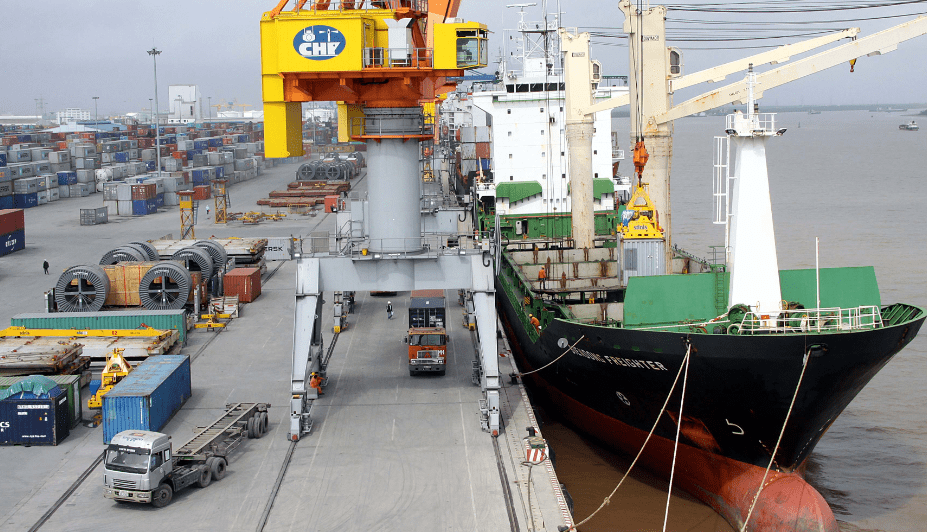Vietnam stood out by registering the highest year-on-year growth rate among the 10 largest exporters of products to the United States in 2022, according to data from the Department of Commerce.
Vietnam achieved a 26% rise in this indicator, with sales to the U.S. market of $135.877 billion.
Ahead of all, in terms of export value, China shipped $575.71 billion worth of goods to the United States, an annual increase of 7 percent.
This was followed by Mexico ($459.205 million, +18 percent), Canada ($448.335 million, +22 percent), Japan ($154.446 million, +11 percent) and Germany ($150.462 million, +9 percent).
Vietnam has enjoyed its own economic miracle in recent years, showing the world how it turned the country from one of the world’s poorest nations into a middle-income nation.
The Southeast Asian country grew its GDP by an average of 6.8 percent over the past two decades to reach $255 billion in 2019, rivaling China’s performance during this period.
According to Goldman Sachs Trust, the Vietnamese economy has shifted from a planned economy to a more market-oriented economy.
Although in recent years the Vietnamese government has implemented measures that emphasize using market forces for economic reform, reducing state ownership of productive assets, and establishing strong corporate governance in business enterprises, a substantial portion of Vietnam’s productive assets are still owned by the Vietnamese government.
Exporters to the United States
The Vietnamese government also exercises significant control over Vietnamese economic growth through the allocation of resources, control over the payment of foreign currency denominated obligations, the setting of monetary policy and the granting of preferential treatment to certain industries or enterprises.
In addition, Goldman Sachs Trust refers that investment in Vietnam may be subject to a higher degree of risk associated with government approval in connection with the repatriation of capital by foreign investors.
In the past, Vietnamese authorities have imposed arbitrary repatriation taxes on foreign owners.
There is also a risk that, if Vietnam’s balance of payments declines, Vietnam may impose temporary restrictions on foreign capital remittances.
![]()

